
Find Help
More Items From Ergsy search
-

Can Ozempic cause low blood sugar (hypoglycemia)?
Relevance: 100%
-
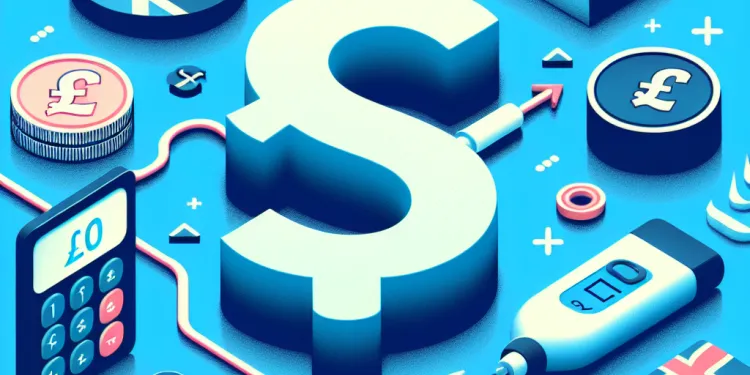
How does Ozempic affect blood sugar levels?
Relevance: 57%
-

Is there any risk of hypoglycemia with Mounjaro?
Relevance: 49%
-
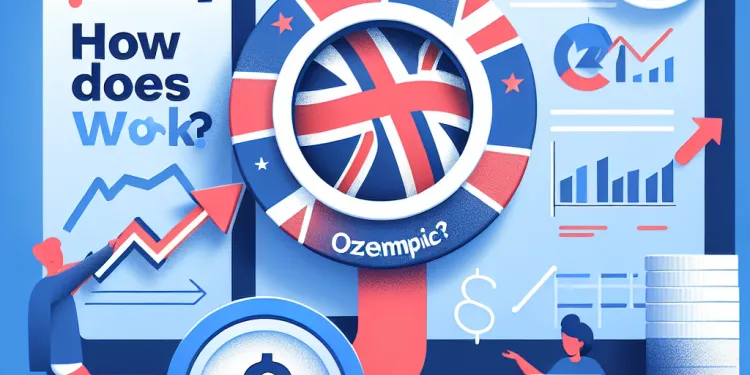
How does Ozempic work?
Relevance: 48%
-

Is Ozempic a form of insulin?
Relevance: 45%
-
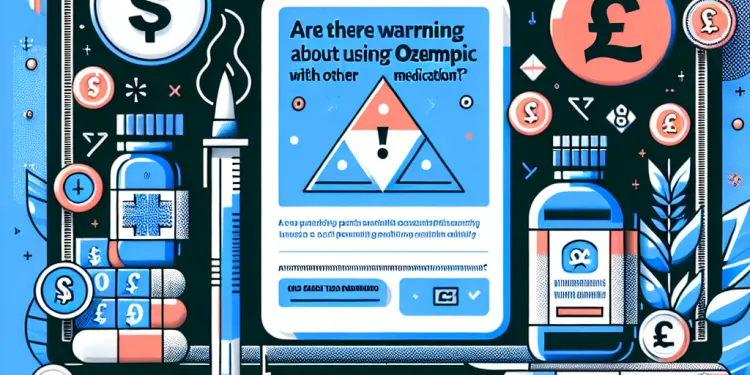
Are there warnings about using Ozempic with other medications?
Relevance: 43%
-

What are the side effects of Ozempic?
Relevance: 43%
-

Can I take Ozempic with other diabetes medications?
Relevance: 42%
-
What happens if I overdose on Ozempic?
Relevance: 41%
-

What problems is Ozempic known to cause?
Relevance: 40%
-

What is Ozempic?
Relevance: 37%
-

Does drinking orange juice affect blood sugar levels?
Relevance: 37%
-
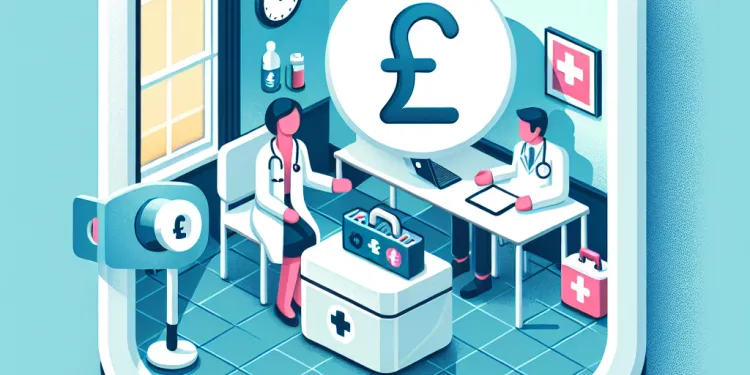
What should I discuss with my doctor before starting Ozempic?
Relevance: 37%
-
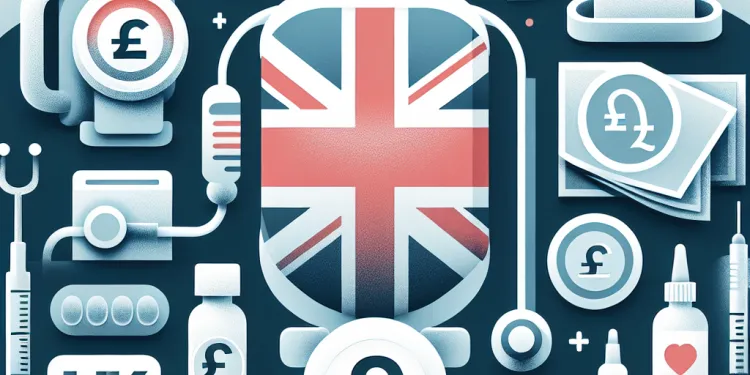
Is Ozempic safe for everyone to use?
Relevance: 36%
-
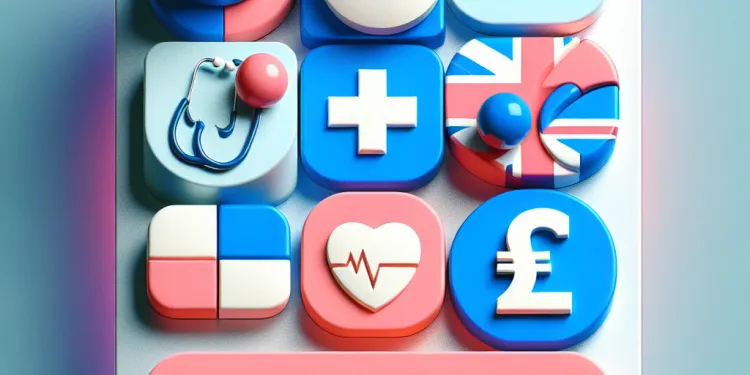
Are there any serious risks associated with Ozempic?
Relevance: 36%
-

What can low levels of cortisol cause?
Relevance: 36%
-

Can Baxdrostat affect blood sugar levels?
Relevance: 35%
-

Are there any long-term effects of using Ozempic?
Relevance: 35%
-

What are the common side effects of Ozempic?
Relevance: 35%
-

What is Ozempic?
Relevance: 35%
-

How effective is Mounjaro in controlling blood sugar levels?
Relevance: 34%
-

What happens if I stop taking Ozempic or Wegovy?
Relevance: 34%
-
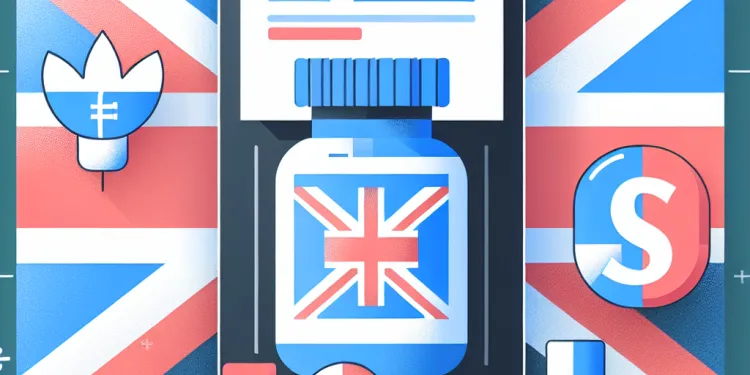
How is Ozempic administered?
Relevance: 34%
-

What are common side effects of Ozempic?
Relevance: 33%
-

Is Ozempic suitable for type 1 diabetes?
Relevance: 33%
-

Can Ozempic affect vision?
Relevance: 33%
-

What should I discuss with my doctor before starting Ozempic?
Relevance: 32%
-

Can Ozempic be taken with food?
Relevance: 32%
-

How often do you take Ozempic?
Relevance: 32%
-

Who should not take Ozempic?
Relevance: 31%
-

What is the 'sugar crash'?
Relevance: 31%
-
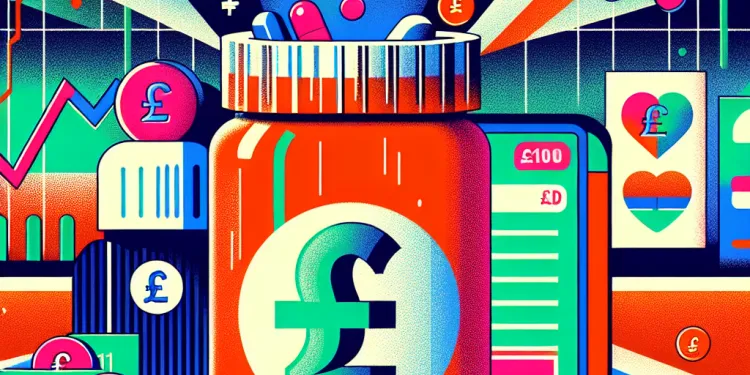
What should I do if I miss a dose of Ozempic?
Relevance: 31%
-

What populations should use caution when taking Ozempic?
Relevance: 31%
-

Can Ozempic be used in conjunction with other weight-loss medications?
Relevance: 31%
-

Does insurance cover Ozempic?
Relevance: 30%
-
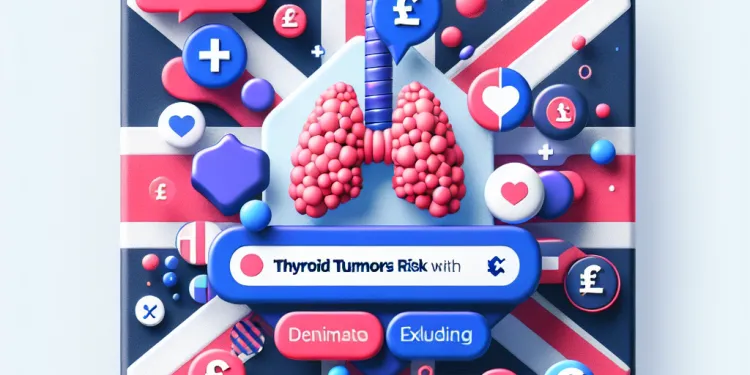
Is there a risk of thyroid tumors with Ozempic?
Relevance: 30%
-

Does Ozempic have an impact on kidney function?
Relevance: 30%
-
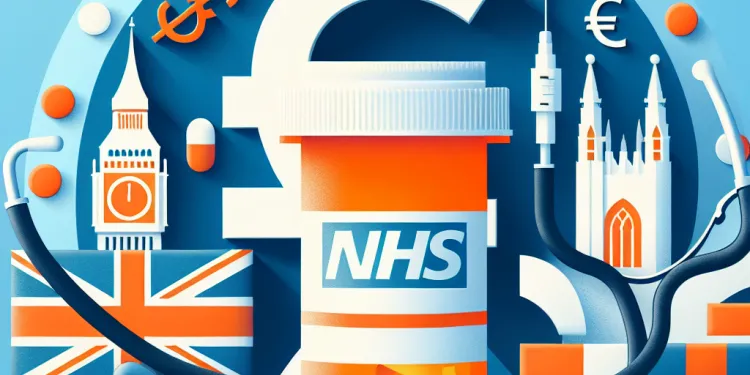
Do I need a prescription for Ozempic?
Relevance: 30%
-

Can Ozempic be used for weight loss?
Relevance: 29%
-
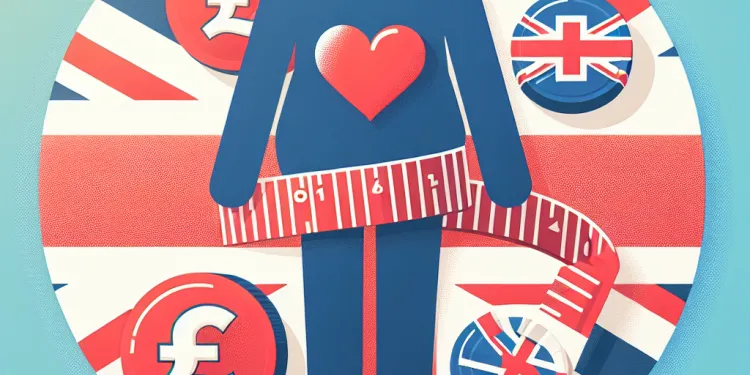
Can non-diabetic individuals use Ozempic for weight loss?
Relevance: 29%
Overview of Ozempic
Ozempic is a medication primarily used to treat type 2 diabetes. It belongs to a class of drugs known as GLP-1 receptor agonists, which work by stimulating insulin secretion, reducing glucagon release, and slowing gastric emptying. These actions help to lower blood glucose levels and control diabetes more effectively. Given its mechanisms, some patients and healthcare providers may be concerned about the potential for Ozempic to cause low blood sugar, also known as hypoglycemia.
The Risk of Hypoglycemia with Ozempic
Hypoglycemia, or low blood sugar, can be a serious condition that requires immediate attention. Symptoms can include shakiness, dizziness, sweating, hunger, irritability, and confusion. In severe cases, it can lead to loss of consciousness or seizures. For patients using diabetes medications, understanding the potential for hypoglycemia is crucial.
Does Ozempic Cause Hypoglycemia?
Unlike some other diabetes medications, Ozempic on its own has a relatively low risk of causing hypoglycemia. This is because GLP-1 receptor agonists like Ozempic work primarily by stimulating insulin in response to meals and do not usually cause significant insulin secretion when blood sugar levels are low. However, the risk of hypoglycemia may increase when Ozempic is used in combination with other diabetes medications that do lower blood sugar, particularly insulin or sulfonylureas.
Managing the Risk of Low Blood Sugar
When starting Ozempic, it is important for patients and healthcare providers to monitor blood sugar levels closely, especially if the patient is also taking insulin or other hypoglycemic agents. Adjustments in the dosage of concurrent medications may be necessary to mitigate the risk of hypoglycemia. Patients should also be educated on recognizing the signs of low blood sugar and trained in the use of fast-acting carbohydrates, like glucose tablets or sugary drinks, to counteract hypoglycemia if it occurs.
Consult Your Healthcare Provider
Patients considering Ozempic, or who are already on it, should have a detailed discussion with their healthcare provider about all potential side effects, including hypoglycemia. It's also essential to inform the provider of all medications being taken to assess any possible interactions that may increase the risk of low blood sugar. Regular follow-ups and adjustments to the treatment plan can help ensure safe and effective diabetes management.
Conclusion
While Ozempic itself is not commonly associated with causing hypoglycemia, certain factors and combinations with other medications can increase the risk. Patients should stay informed, remain vigilant, and maintain open communication with their healthcare team to effectively manage their condition without complications. Proper education and monitoring remain key components in the safe use of Ozempic for diabetes management.
What is Ozempic?
Ozempic is a medicine for people with type 2 diabetes. It helps the body use sugar better. It does this by helping the body make insulin and slow down how fast food leaves the stomach. This helps keep blood sugar levels steady. But, some people worry that Ozempic might make blood sugar drop too low, which is called hypoglycemia.
What is Hypoglycemia?
Hypoglycemia means low blood sugar. It is dangerous and needs help right away. Signs of low blood sugar are feeling shaky, dizzy, sweaty, hungry, angry, or confused. In bad cases, it can cause fainting or seizures. People who take medicine for diabetes need to know about this.
Can Ozempic Cause Low Blood Sugar?
Ozempic alone usually does not cause low blood sugar. It works by helping the body after eating, not when blood sugar is already low. But, if you take Ozempic with other diabetes medicines like insulin, there is a higher chance of low blood sugar.
How to Manage Low Blood Sugar with Ozempic
When starting Ozempic, make sure to check blood sugar levels often. This is very important if you are also using insulin or other medicines that lower blood sugar. Sometimes, you may need to change how much of these medicines you take. It's important to know what low blood sugar feels like and learn how to fix it using quick sugar sources, like glucose tablets or sugary drinks.
Talk to Your Doctor
If you are thinking about taking Ozempic, talk to your doctor. This talk should include all the side effects, like low blood sugar. Tell your doctor about all the medicines you are taking, as they can change how safe Ozempic is for you. It's important to see your doctor regularly to stay safe and healthy.
Summary
Ozempic usually does not cause low blood sugar by itself, but it can when used with other medicines. People need to keep learning and talking to their healthcare team. This helps them manage their diabetes safely. Knowing what to do and watching blood sugar levels is very important when using Ozempic.
Frequently Asked Questions
Can Ozempic cause low blood sugar?
Ozempic itself does not usually cause low blood sugar. However, when combined with other diabetes medications that lower blood sugar, the risk of hypoglycemia can increase.
What is hypoglycemia?
Hypoglycemia refers to low blood sugar levels, which can cause symptoms such as dizziness, confusion, shakiness, and in severe cases, loss of consciousness.
How does Ozempic work?
Ozempic is a GLP-1 receptor agonist that helps lower blood sugar levels by increasing insulin production and reducing the release of glucose from the liver.
What are the symptoms of low blood sugar?
Symptoms of low blood sugar can include sweating, shakiness, hunger, irritability, confusion, rapid heartbeat, and dizziness.
Is it common for Ozempic users to experience hypoglycemia?
Hypoglycemia is not common in patients using only Ozempic, but the risk increases if it’s used with other hypoglycemic agents.
What should I do if I experience low blood sugar while on Ozempic?
If you experience low blood sugar, consume fast-acting carbohydrates, such as glucose tablets or juice, and consult your healthcare provider.
Can diet and exercise affect my risk of hypoglycemia on Ozempic?
Yes, diet and exercise can influence blood sugar levels, and it's important to monitor and adjust your lifestyle as advised by your healthcare provider.
Should I monitor my blood sugar while taking Ozempic?
Yes, regular blood sugar monitoring is recommended to manage your diabetes effectively and prevent hypoglycemia.
Can adjusting the dose of Ozempic help with hypoglycemia?
Never adjust your medication dose without consulting your healthcare provider, as they can provide guidance tailored to your condition.
What should I tell my doctor if I experience low blood sugar on Ozempic?
Inform your doctor about your symptoms, frequency, and circumstances around hypoglycemic episodes for proper evaluation.
Can I prevent hypoglycemia while using Ozempic?
Managing your diet, exercise, and medication as directed by your healthcare provider can help minimize the risk of hypoglycemia.
Is it safe to combine Ozempic with other diabetes medications?
Combining Ozempic with other medications should only be done under medical supervision to avoid increased risk of hypoglycemia.
How quickly can hypoglycemia occur with Ozempic?
If hypoglycemia occurs, it typically happens when Ozempic is used with insulin or sulfonylureas, but the timing varies based on individual factors.
Can lifestyle changes affect the likelihood of hypoglycemia with Ozempic?
Yes, maintaining a balanced diet and regular exercise routine as advised can help manage blood sugar levels and reduce hypoglycemia risk.
What long-term effects can occur if hypoglycemia is not managed?
Chronic hypoglycemia can lead to serious health issues including neurological damage, so it’s crucial to manage blood sugar levels effectively.
Can weight loss from Ozempic usage affect blood sugar levels?
Weight loss can improve overall blood sugar control but requires careful management to avoid hypoglycemia.
Are there specific dietary recommendations to reduce hypoglycemia risk while on Ozempic?
Eating balanced meals with appropriate carbohydrate content and timing can help reduce the risk, but consult your healthcare provider for personalized advice.
What emergency measures should I take if I suspect severe hypoglycemia?
For severe hypoglycemia, seek immediate medical attention and follow your diabetes management plan for emergency situations.
Does Ozempic interact with any foods or supplements affecting blood sugar?
Certain foods and supplements might interact with diabetes medications, so it’s important to discuss any dietary changes with your healthcare provider.
Is there a specific time of the day Ozempic should be administered to minimize hypoglycemia?
Follow your healthcare provider’s instructions regarding the timing of Ozempic administration to optimize blood sugar control and minimize risks.
Can Ozempic make your blood sugar too low?
Sometimes, Ozempic can make your blood sugar very low. This is called low blood sugar. It can happen when you take Ozempic with other medicines for diabetes.
If you feel dizzy, weak, or really hungry, tell an adult or doctor. They can help you feel better.
You can use tools to help, like a blood sugar monitor. This tool checks your blood sugar levels.
Eating healthy snacks and following your doctor's advice can also help keep your blood sugar stable.
Ozempic usually does not make your blood sugar too low. But if you take other diabetes medicine with Ozempic, it might make your blood sugar go too low. This is called hypoglycemia.
What is low blood sugar?
Low blood sugar, also called hypoglycemia, means there is not enough sugar in your blood.
Sugar is important as it gives your body energy.
If you have low blood sugar, you might feel shaky, hungry, or dizzy.
Eating or drinking something sweet can help you feel better.
Here are some tips to help you understand better:
- Look at pictures or videos about low blood sugar.
- Ask a grown-up or doctor to explain it to you.
- Use apps or tools that help with reading and learning.
Hypoglycemia means low blood sugar. It can make you feel dizzy, confused, shaky, and if it's really bad, you might faint.
How does Ozempic work?
Ozempic helps control blood sugar. It acts like a hormone in your body. This hormone is called GLP-1. It helps your body release more insulin after you eat. Insulin is what helps your body use sugar for energy. This can help people with high blood sugar feel better.
If reading is hard, you can:
- Listen to the text with a reading app.
- Read slowly and take breaks.
- Ask someone to explain it to you.
Ozempic is a medicine that helps lower blood sugar. It works by making the body produce more insulin and stopping the liver from making too much sugar.
What happens when your blood sugar is low?
Here is what you might feel:
- You might feel shaky.
- You might sweat a lot.
- Your heart might beat fast.
- You might feel dizzy.
- You might feel hungry.
- You might feel weak or tired.
- You might feel confused.
- You might feel anxious or nervous.
These are signs that your blood sugar is low. If you feel this way, it is important to tell an adult or doctor.
When your blood sugar is low, you might feel:
- Very sweaty
- Shaky
- Hungry
- Grumpy
- Mixed up or confused
- Your heart beating fast
- Dizzy
It can help to keep some snacks with you, like juice or a candy bar, in case you need to eat something quickly.
Do people taking Ozempic often have low blood sugar?
Low blood sugar doesn't happen often when using only Ozempic. But, using Ozempic with other medicines might make low blood sugar happen more.
What to do if you have low blood sugar when taking Ozempic
If your blood sugar is low, you can eat or drink something sweet like glucose tablets or juice. Also, talk to your doctor or nurse.
Can what I eat and moving my body change my chance of low blood sugar on Ozempic?
Yes, the food you eat and moving your body can change your blood sugar levels. It's important to keep track of these and change them if your doctor tells you to.
Do I need to check my blood sugar while using Ozempic?
Ozempic is a medicine for diabetes. It helps control blood sugar. It is good to check your blood sugar often.
Checking your blood sugar can help you see how Ozempic is working. You can use a blood sugar monitor to do this. Ask your doctor or nurse how to use it.
If you feel unsure, ask a family member or friend to help you. They can learn with you.
Check your blood sugar often. This helps you take care of your diabetes and stop low blood sugar.
Can changing how much Ozempic I take help with low blood sugar?
Ozempic is a medicine that helps control blood sugar in people with diabetes. Sometimes, blood sugar can get too low. This is called hypoglycemia.
If you have low blood sugar while taking Ozempic, you might need to change how much you take. But you should always talk to your doctor first. They know best about what might help.
When talking to your doctor, you can:
- Tell them how you feel and if you have low blood sugar.
- Ask them what you can do about it.
You can also use tools to check your blood sugar levels, like a blood sugar monitor. This helps you and your doctor decide what is best for you.
Always talk to your doctor before changing how much medicine you take. They know what is best for your health.
What should I say to my doctor if I feel low blood sugar on Ozempic?
If you feel weak, shaky, or dizzy on Ozempic, tell your doctor. These could be signs of low blood sugar. Also, use a blood sugar meter to check your levels. It can help your doctor know what to do next. Write down your symptoms and when they happen. This will be useful for your doctor too.
Tell your doctor when you have low blood sugar. Talk about what happens and how often it happens. This will help the doctor check you properly.
How can I stop low blood sugar when using Ozempic?
Ozempic is a medicine for people with diabetes. It can sometimes cause low blood sugar.
Here are some tips to help:
- Eat your meals and snacks on time.
- Check your blood sugar levels often.
- Always follow your doctor's advice on how to use Ozempic.
- Carry snacks with sugar, like juice or candy, in case your blood sugar drops.
- Learn the signs of low blood sugar, like feeling shaky or dizzy, so you can act quickly.
If you are not sure, ask your doctor or nurse for help.
To help keep your blood sugar from getting too low, follow these tips:
1. Eat healthy foods.
2. Exercise regularly.
3. Take your medicine the way your doctor says.
These steps can help you stay healthy and feel good.
Can you take Ozempic with other diabetes medicine?
It is important to ask your doctor if it is okay to take Ozempic with other diabetes medicine. Your doctor can tell you what is safe. Using both might change how the medicine works. Always listen to your doctor.
If you have more questions, ask someone you trust to help. You can also use talk-to-text apps or ask a friend or family member to read with you.
You should only take Ozempic with other medicines if a doctor says it is okay. This is to make sure you don’t have a low blood sugar, which can be dangerous.
How fast can low sugar happen with Ozempic?
Sometimes, low blood sugar can happen when you take Ozempic. This is more likely if you also take insulin or another medicine called sulfonylureas. It doesn't always happen at the same time for everyone.
Here are some things that can help:
- Check your blood sugar often.
- Have a snack with you, like a juice box or a small candy, in case your blood sugar gets too low.
- Talk to your doctor if you feel worried or unsure about your medicine.
Can changes in how you live make low blood sugar happen more with Ozempic?
Yes, eating healthy foods and doing exercise can help control how much sugar is in your blood. This can stop your blood sugar from getting too low.
What happens if low blood sugar is not treated for a long time?
If low blood sugar is not treated, it can cause problems. Here is what can happen:
- Your body might not work well.
- Your brain can get hurt and not work right.
- You might have trouble thinking clearly.
- Your heart can have problems.
To help, you can:
- Check your blood sugar often.
- Eat meals and snacks on time.
- Carry a sugary snack with you.
- Use apps that remind you to check your sugar.
Low blood sugar that happens a lot can hurt your brain. It's really important to keep your blood sugar at the right levels.
To help, you can:
- Eat small meals often.
- Check your blood sugar regularly.
- Talk to a doctor or nurse for advice.
Does losing weight with Ozempic change blood sugar levels?
Losing weight can help you control your blood sugar better. But you have to be careful so your blood sugar doesn't get too low.
Some things that can help you are:
- Ask a doctor or nurse what to do.
- Eat healthy foods.
- Do some exercise.
- Check your blood sugar often.
What foods should I eat to avoid low blood sugar when taking Ozempic?
Eating a mix of different foods at the right time can help keep you healthy. Talk to your doctor to get advice just for you.
What should I do if I think someone has very low blood sugar?
If you think someone has very low blood sugar, here are steps you can take:
- Give them something sweet, like juice or candy.
- If they feel dizzy or confused, call for help right away.
- Stay with them until they feel better.
- Use phone apps or call emergency services if needed.
It's important to act quickly and keep calm.
If someone has very low blood sugar, get help from a doctor right away. Also, follow the steps in your plan for diabetes emergencies.
Can Ozempic be affected by foods or supplements that change blood sugar?
Some foods and vitamins can change how your diabetes medicine works. It is important to talk to your doctor before you change what you eat.
When should I take Ozempic to avoid low blood sugar?
Listen to what your doctor or nurse says about when to take Ozempic. This will help you keep your blood sugar at a good level and stay safe.
Useful Links
This website offers general information and is not a substitute for professional advice.
Always seek guidance from qualified professionals.
If you have any medical concerns or need urgent help, contact a healthcare professional or emergency services immediately.
Some of this content was generated with AI assistance. We’ve done our best to keep it accurate, helpful, and human-friendly.
- Ergsy carfully checks the information in the videos we provide here.
- Videos shown by Youtube after a video has completed, have NOT been reviewed by ERGSY.
- To view, click the arrow in centre of video.
- Most of the videos you find here will have subtitles and/or closed captions available.
- You may need to turn these on, and choose your preferred language.
- Go to the video you'd like to watch.
- If closed captions (CC) are available, settings will be visible on the bottom right of the video player.
- To turn on Captions, click settings .
- To turn off Captions, click settings again.
More Items From Ergsy search
-

Can Ozempic cause low blood sugar (hypoglycemia)?
Relevance: 100%
-

How does Ozempic affect blood sugar levels?
Relevance: 57%
-

Is there any risk of hypoglycemia with Mounjaro?
Relevance: 49%
-

How does Ozempic work?
Relevance: 48%
-

Is Ozempic a form of insulin?
Relevance: 45%
-

Are there warnings about using Ozempic with other medications?
Relevance: 43%
-

What are the side effects of Ozempic?
Relevance: 43%
-

Can I take Ozempic with other diabetes medications?
Relevance: 42%
-
What happens if I overdose on Ozempic?
Relevance: 41%
-

What problems is Ozempic known to cause?
Relevance: 40%
-

What is Ozempic?
Relevance: 37%
-

Does drinking orange juice affect blood sugar levels?
Relevance: 37%
-

What should I discuss with my doctor before starting Ozempic?
Relevance: 37%
-

Is Ozempic safe for everyone to use?
Relevance: 36%
-

Are there any serious risks associated with Ozempic?
Relevance: 36%
-

What can low levels of cortisol cause?
Relevance: 36%
-

Can Baxdrostat affect blood sugar levels?
Relevance: 35%
-

Are there any long-term effects of using Ozempic?
Relevance: 35%
-

What are the common side effects of Ozempic?
Relevance: 35%
-

What is Ozempic?
Relevance: 35%
-

How effective is Mounjaro in controlling blood sugar levels?
Relevance: 34%
-

What happens if I stop taking Ozempic or Wegovy?
Relevance: 34%
-

How is Ozempic administered?
Relevance: 34%
-

What are common side effects of Ozempic?
Relevance: 33%
-

Is Ozempic suitable for type 1 diabetes?
Relevance: 33%
-

Can Ozempic affect vision?
Relevance: 33%
-

What should I discuss with my doctor before starting Ozempic?
Relevance: 32%
-

Can Ozempic be taken with food?
Relevance: 32%
-

How often do you take Ozempic?
Relevance: 32%
-

Who should not take Ozempic?
Relevance: 31%
-

What is the 'sugar crash'?
Relevance: 31%
-

What should I do if I miss a dose of Ozempic?
Relevance: 31%
-

What populations should use caution when taking Ozempic?
Relevance: 31%
-

Can Ozempic be used in conjunction with other weight-loss medications?
Relevance: 31%
-

Does insurance cover Ozempic?
Relevance: 30%
-

Is there a risk of thyroid tumors with Ozempic?
Relevance: 30%
-

Does Ozempic have an impact on kidney function?
Relevance: 30%
-

Do I need a prescription for Ozempic?
Relevance: 30%
-

Can Ozempic be used for weight loss?
Relevance: 29%
-

Can non-diabetic individuals use Ozempic for weight loss?
Relevance: 29%


